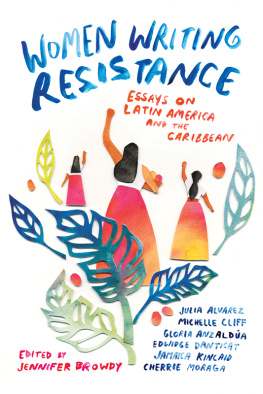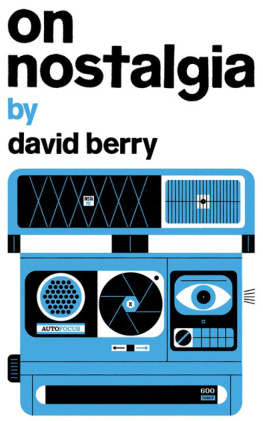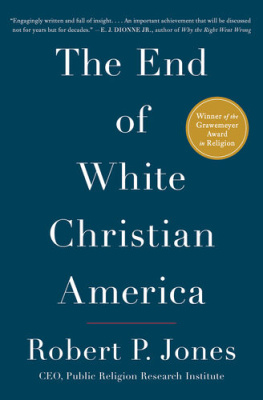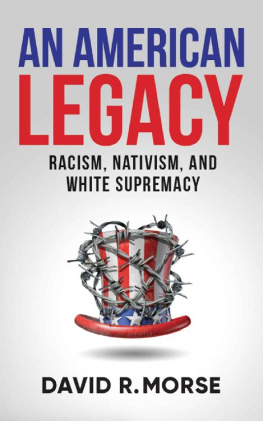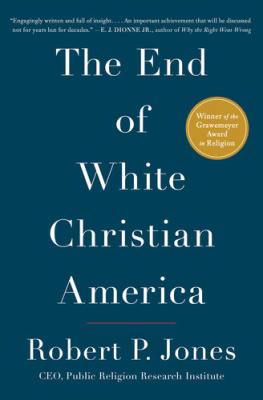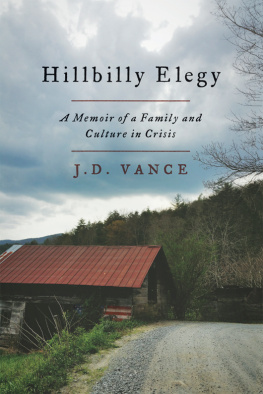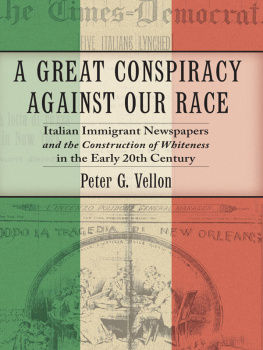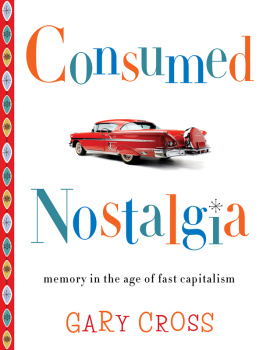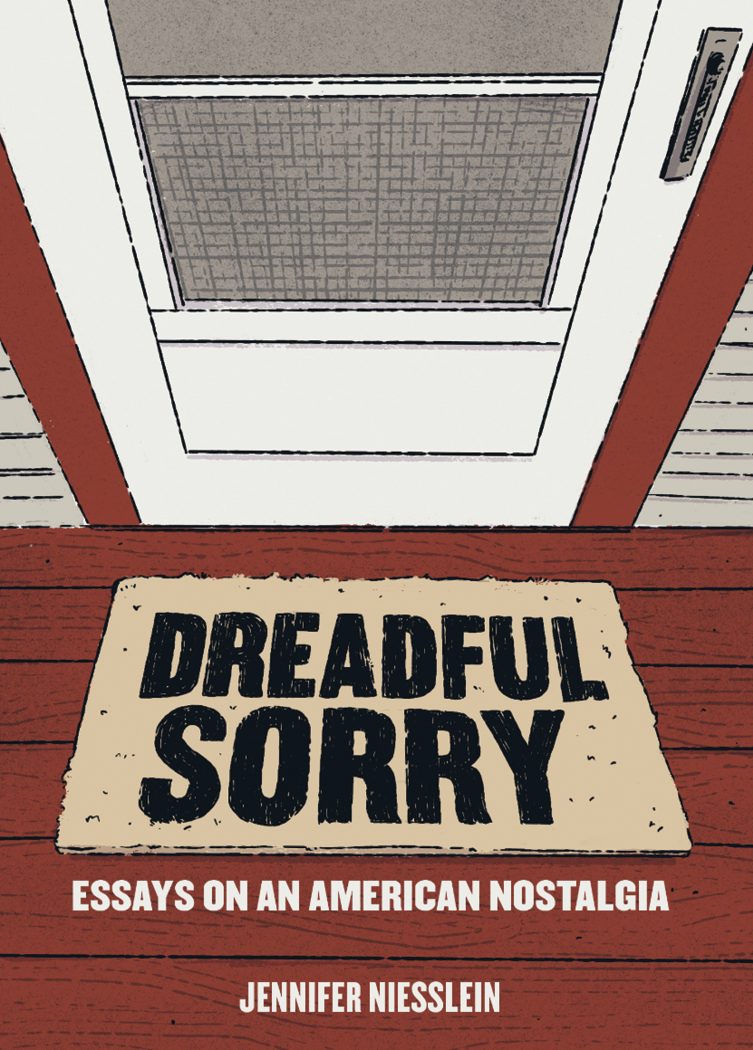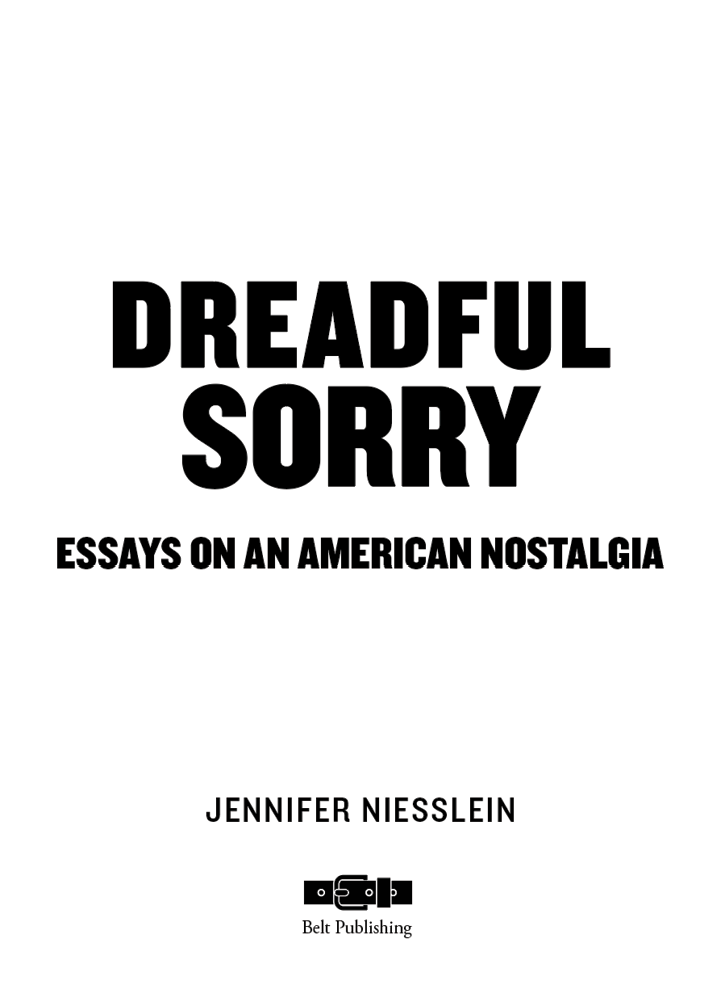Copyright 2022 by Jennifer Niesslein
All rights reserved. This book or any portion thereof may not be reproduced or used in any manner whatsoever without the express written permission of the publisher except for the use of brief
quotations in a book review.
Printed in the United States of America
First edition 2022
1 2 3 4 5 6 7 8 9
Ebook ISBN: 978-1-953368-30-0

Belt Publishing
5322 Fleet Avenue
Cleveland, Ohio 44105
www.beltpublishing.com
Cover art by David Wilson
Book design by Meredith Pangrace
For my family
Contents
Introduction
In the summer of 2019, my three sisters and I, along with our families and our father, converged on Deep Creek Lake in western Maryland. Weve been coming here since we were girls; our paternal great-grandfather had once owned a cottage on this lake. On this trip, Dad went fishing with my husband early one morning and pointed out which cottage it was.
I didnt know Grandpap Yukevich well, but I met him at least once. I remember a tall man in his seventies with a booming voice. In 1957, he and his second wife, Vivian, endured a home invasion when a relative by marriage broke into their home above his car dealership, beat them, and stole $41,000 theyd stored in a safe. Less than a month later, it happened again. The antibiotics Grandpap Yukevich, was given for his injuries left him deaf, so when I met him I wrote notes to communicate. He died in 1979, so I couldnt have been older than seven. I have fuzzy memories of staying at the cabin, none of them from a higher perspective than a kitchen countertop.
The cottage itself hasnt been in the familyor at least acknowledged familyfor decades. After Grandpap Yukevich died, Vivian was the sole inheritor of his estate. When she died in a nursing home four years later, the story goes, the cottage became part of her estate and she left it to a nephew. This nephew is rumored to actually be Vivian and Grandpap Yukevichs son, conceived and born when Grandpap was still married to my great-grandmother. Its just a rumor, but my great-grandfather was allegedly sketchy enough in his younger days that we descendants believe it.
Anyway, as we left town, my husband, son, and I went to check out the cottage. We drove slowly down the street until we spotted the white picket fence my great-grandfather had installed. Someone had built an addition, adding two more bedrooms and an extra bathroom. I spotted a rental sign at the top of the driveway with a website to visit if you wanted to stay at Lakeside Fun, as the new owner dubbed it.
I felt a strange yearning for that cottage. Maybe its because so much of my family history is a study in poverty and deprivation, and this represented something of enduring value (somewhere between $500,000 and $600,000, Id find later) while many of my ancestors were seen as disposable people during their lifetimes. Maybe it was a pride thing, showing off that I could afford a lost piece of the family holdings, if only for a week. I suspect, though, that my main motivation came from someplace more primal: the cottage represented a crumb of my idyllic childhood. The world itself has always been complicated, and for many, if not most of, its inhabitants, unfair and brutal. But my childhood worlda relatively sheltered existence, catching lightning bugs with my sisters and eating Moms pot roast and hosing off lake bottom muck from my feetwas simple and sweet.
Four hours later, we were back home in Charlottesville, and I was already on the computer. The property next door to Lakeside FunSunny Escapewas also a rental, and together, the two houses were big enough to fit the whole crew.
My sisters and I booked them by the end of the week.
I have a nostalgia problem, and Im not the only American who does.
Not long ago, a friend and local journalist shared on Facebook the news that a Confederate statue outside the Albemarle County courthouse (located in the city) would come down. One of her friends commented that he understood why it had to be removed, but he had such good memories of playing as a child near it in the parklike setting as he waited for his uncle, a judge, to get off work.
I couldnt relate to his memory in any factual sense. I didnt grow up with Confederate monuments, and even knowing a judge outside the courtroom would have been beyond my familys reach, but I recognized and respected the wistfulness of his remark.
Its not always so benign. In September, a state circuit court judge denied a group of die-hard white southerners the $500 each they sought for emotional damage they suffered when the city shrouded two Confederate monuments in tarps for 188 days. However, the judge awarded the group attorney and litigation fees. The seven plaintiffs are asking in excess of $600,000, and the case is still tied up in legal knots.
I am literally going to pay for someone elses nostalgia.
The idea of nostalgia predates the United States itself. In her acclaimed 2001 book, The Future of Nostalgia , the late Svetlana Boym traced the term back to the Swiss doctor Johannes Hofer, who coined it in 1688. For this new medical diagnosis, he drew from his observations of various displaced people of the seventeenth century, freedom-loving students from the Republic of Berne studying in Basel, domestic help and servants working in France and Germany and Swiss soldiers fighting abroad. They all displayed, basically, homesickness for where they came from.
To boil down Boyms complex and fascinating work, nostalgia then, for the most part, was seen as a primarily European and Russian fascination. It moved from a medical issue (back when doctors theorized about some mysterious body part that might be the key) to one left to philosophy and the arts. Nostalgia was first considered a disease to be cured, then an unsavory character trait to be snuffed out. Its been in and out of fashion: the European Romantics embraced nostalgia, while the Industrial Revolution era found nostalgics unsophisticated people, their necks craned away from the promise of the future.
Our modern understanding of nostalgia has evolved. Now, nostalgia isnt just a simple longing for a homeland its a longing for a lost time. Whether its a yen for a time in your beloved childhood home or for your favorite decade, its impossible to actually revisit. Nostalgia is a rebellion against the modern idea of time, the time of history and progress, Boym maintains.
When the United States was shiny and new, it had no use for Europes nostalgia. The founders billed the nation as one in which people could break free from that musty European rule. Boym cites American doctors who claimed our countrys citizens didnt even have nostalgia. At least, that is, until the Civil War. Theodore Calhoun, a Union military doctor, found it in his soldiers, Boym wrote. He thought of nostalgia as a weakness, something fairly girly. In boarding school, as perhaps many of us will remember, ridicule is wholly relied upon. [The nostalgic] patient can often be laughed out of it by his comrades, or reasoned out of it by appeals to his manhood, Calhoun asserted. (Is there anything toxic masculinity cant solve?)


